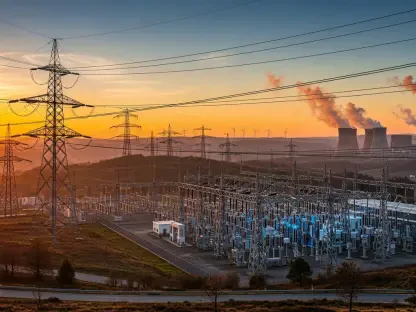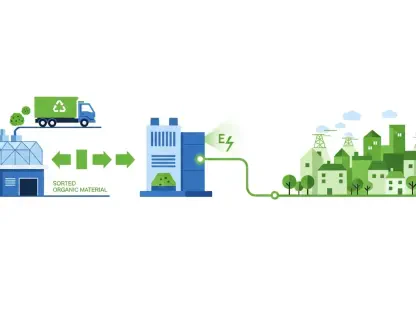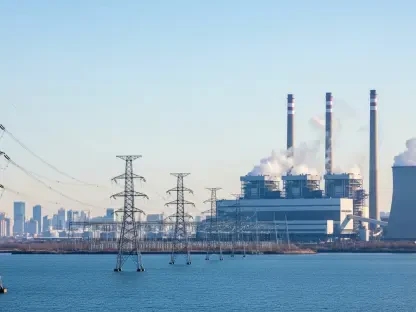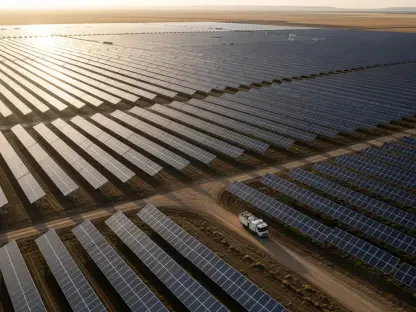Global oil demand has experienced considerable fluctuations due to economic policies and international trade conflicts. One noteworthy factor shaping this dynamic is President Donald Trump’s implementation of tariffs, particularly on China. These tariffs have imposed disruptions felt keenly in the oil industry. This analysis delves into the broad impacts of such tariffs, exploring their far-reaching implications on global oil demand. By examining current market patterns and future projections, this report sheds light on how economic measures reverberate through the oil market, providing insights into the industry’s trajectory.
Impact of Trade Policies on Oil Consumption
A central theme influencing current global oil demand is the direct effect of President Trump’s trade policies. The imposition of 145% tariffs specifically on China, combined with 10% tariffs on other countries, has strained economic activities. This led organizations such as OPEC to revise their growth forecasts downward, predicting slower growth due to weaker global economic performance. A reduction of 150,000 barrels per day in growth projections exemplifies expected contraction in energy requirements, highlighted by real-world data and industry sentiment portraying a landscape fraught with trade-induced economic disruptions.
Economic Growth Linked to Oil Demand
It is essential to examine the correlation between slowed economic growth and oil demand. OPEC has adjusted its global economic growth forecast to a 3% growth rate, revealing the intertwined nature of economic health and energy consumption. Trade tensions, especially involving critical players like China, hinder industrial and commercial activities, thereby reducing energy demand. Uncertainty in economic policies exacerbates this trend, leading to cautious projections and measured production. This analysis offers vital insights into how trade policies materialize in tangible shifts in oil consumption patterns.
Regional Variations and Market Dynamics
Further complexity arises when analyzing regional differences and specific market responses to these tariffs. China’s substantial role as an oil consumer means Trump’s tariffs markedly impact global oil prices and demand forecasts. Disruptive innovations and strategic shifts by oil-producing countries seeking stability amid these uncertainties add another dynamic layer. Experts highlight that while some regions may see decreased oil intake, others might pivot to alternative trade partnerships or increase domestic oil production. These varied responses emphasize the intricate nature of global oil demand and its susceptibility to policy-induced perturbations.
Looking toward the future, various emerging trends and shifts could redefine the oil industry. Technological advancements pursuing renewable energy sources, coupled with potential regulatory framework changes, suggest an ongoing transition from dependency on volatile global trade policies. Analysts propose that sustained trade tensions could accelerate these shifts, fostering a diversified energy portfolio. Predictions indicate that long-term resilience in the oil industry may depend on adaptability and strategic foresight, preparing for an increasingly innovative and regulatory-driven energy paradigm.
Drawing from this comprehensive analysis, several key takeaways are evident. Businesses and industry professionals must recognize trade policies’ profound impact on energy demand, strategizing to mitigate risks effectively. Embracing diversification in both energy sourcing and market engagement seems prudent. Additionally, staying attuned to emerging technologies and regulatory shifts remains crucial for maintaining a competitive edge in a turbulent market. Proactive strategies will enable stakeholders to better navigate complexities introduced by disruptive economic policies.
In conclusion, Trump’s tariffs have altered the global oil demand landscape significantly, generating substantial economic ripples. This analysis underscores the critical role of trade policies in market stability, highlighting their continuing relevance. As the industry adapts, stakeholders need to remain vigilant, incorporating strategic foresight and adaptability to thrive amidst uncertainties. Ultimately, understanding and anticipating such macroeconomic influences are vital for navigating a rapidly evolving global energy market.









